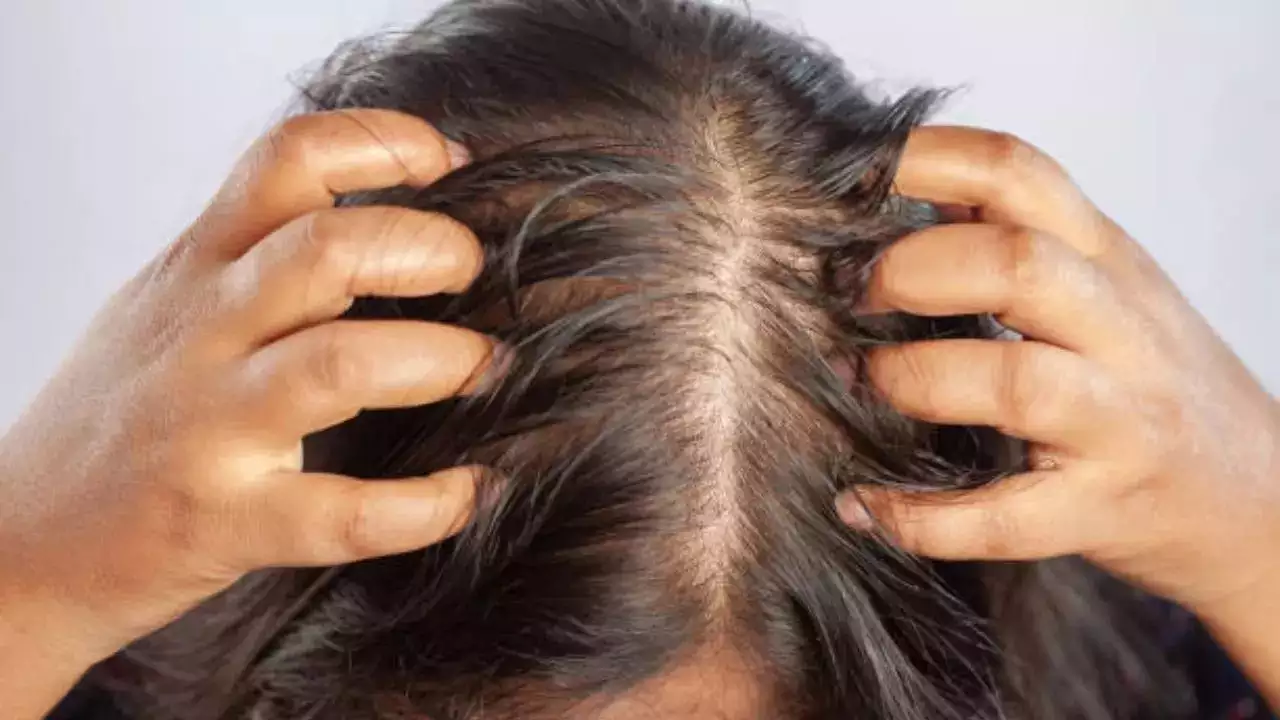Ashima Sharda Mahindra • 15 Dec 2024
Intermittent Fasting: This Popular Diet Can Slower Your Hair Growth; Here's How

Intermittent fasting improves the function of stem cells in the blood, intestinal, and muscle tissue, and their ability to regenerate
All those who swear by intermittent fasting to keep fit and healthy must think again. This eating pattern, which benefits your heart health, reduces inflammation, improves cell repair processes, and helps burn fat, may not be kind to your hair growth.
According to experts, it has a majorly unpleasant side effect, as your hair may lose volume. Animal studies conducted on mice subjected to intermittent fasting showed they had better metabolic health but slower hair growth than those with round-the-clock access to food.
Intermittent fasting follows an eating pattern in which you cycle between periods of eating and periods of fasting.
Scientists from Zestlake University in China said they found similar results in humans. “We don’t want to scare people away from practicing intermittent fasting because it is associated with a lot of beneficial effects—it's just important to be aware that it might have some unintended effects,” said Bhing Zhang, senior study author and stem cell biologist from Westlake University.
How does intermittent fasting cause hair loss?
Studies say intermittent fasting improves the function of stem cells in the blood, intestinal, and muscle tissue, and their ability to regenerate. The research team wanted to know what side effects the fasting plan has on skin and hair cells. They made mice follow a daily meal schedule that allowed only eight hours of food access, with 16 hours of fasting, or an alternate-day feeding plan.
Mice on both intermittent fasting programs had only partial hair regrowth after around 100 days, while those who had unlimited access to food had regrown most of their hair after a month—a finding that surprised the researchers.
The team determined that fasting selectively eliminates activated hair follicle stem cells (HFSCs). Hair growth depends on these cells being active. Scientists said intermittent fasting forces the body to use stored fat as its primary energy source instead of readily available sugar from food.
The body fat releases free fatty acids that enter recently activated HFSCs, causing damage and even cell death.
Applying vitamin E twice a day to the back skin of mice helped HFSCs survive fasting. Skin stem cells were unaffected by intermittent fasting, with the researchers crediting their ability to neutralize harmful free radicals.
How does intermittent fasting work?
There are several different intermittent fasting methods, all of which split the day or week into eating periods and fasting periods. Most people already “fast” every day while they sleep. However, intermittent fasting as a way of eating is different and can be quite simple. This includes:
- Extending your sleeping fast a little longer
- Skipping breakfast
- Eating your first meal at noon
- Eating your last meal at 8 pm
Some forms of intermittent fasting also allow small amounts of low-calorie foods during the fasting period.
Get Latest News Live on Times Now along with Breaking News and Top Headlines from Health and around the world.